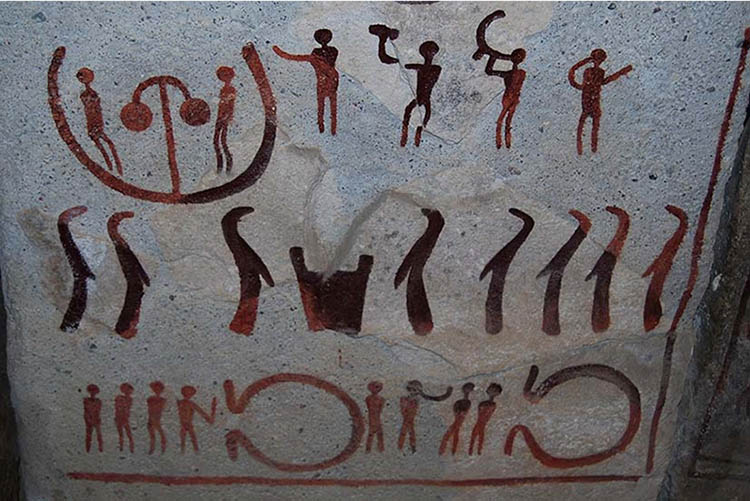Introduction: Why Music’s Evolution Still Matters
Music isn’t just entertainment – it’s human expression in its purest form. Across thousands of years, from tribal beats around fires to AI-generated symphonies, music has evolved alongside us. It reflects our cultures, beliefs, tools, and now – our technology.
In this post, we’ll walk through music’s remarkable journey, including:
- The origins of sound and rhythm
- The rise of notation, instruments, and global genres
- The impact of digital technology and artificial intelligence on music creation
Whether you’re a musician, developer, or just a curious listener, this timeline will help you see – and hear – music in a new way.
Prehistoric Beginnings: Sound Before Language
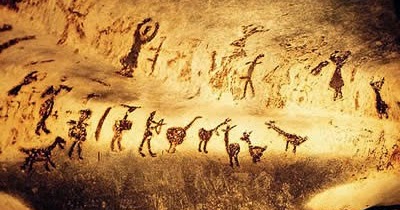
The roots of music stretch back over 40,000 years.
- Bone flutes, discovered in European caves, are some of the oldest known instruments.
- Early humans clapped, drummed, and vocalized to communicate and connect.
- Rhythm was used in rituals, healing, and storytelling, long before written language.
Music was our first universal language – born from instinct and emotion.
Ancient Civilizations: Theory, Math, and Meaning
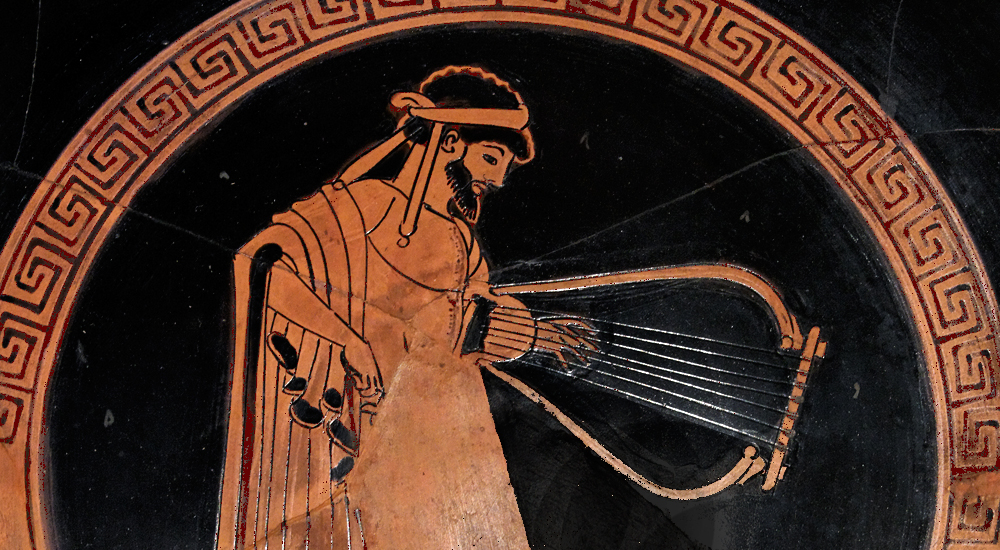
Music gained structure and deeper purpose in ancient societies:
- Greek philosophers like Pythagoras studied scales and harmonics mathematically.
- Indian ragas, Chinese pentatonic scales, and Middle Eastern maqams formed rich musical systems.
- Instruments such as the lyre, aulos, sitar, and guqin emerged.
Music became a reflection of the cosmos, a healing art, and a scientific pursuit.
Medieval to Classical Eras: Notation and Complexity
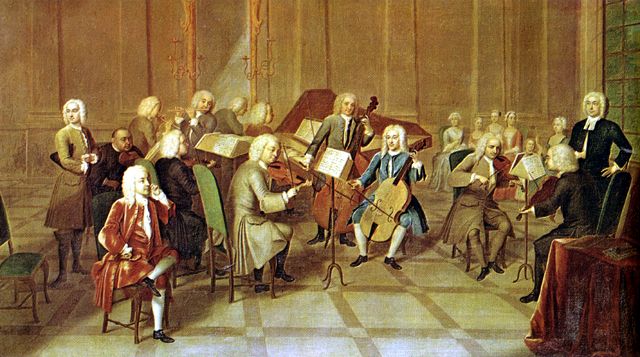
The invention of music notation in medieval Europe changed the game.
- It allowed compositions to be written, shared, and preserved across centuries.
- The Baroque, Classical, and Romantic periods saw giants like Bach, Mozart, and Beethoven push music into new emotional and technical realms.
- The orchestra was born, and with it, the symphony, opera, and concerto.
Music became both a creative and intellectual pursuit – a coded language of feeling.
20th Century: Recording Tech, Genre Explosion, and Mass Access
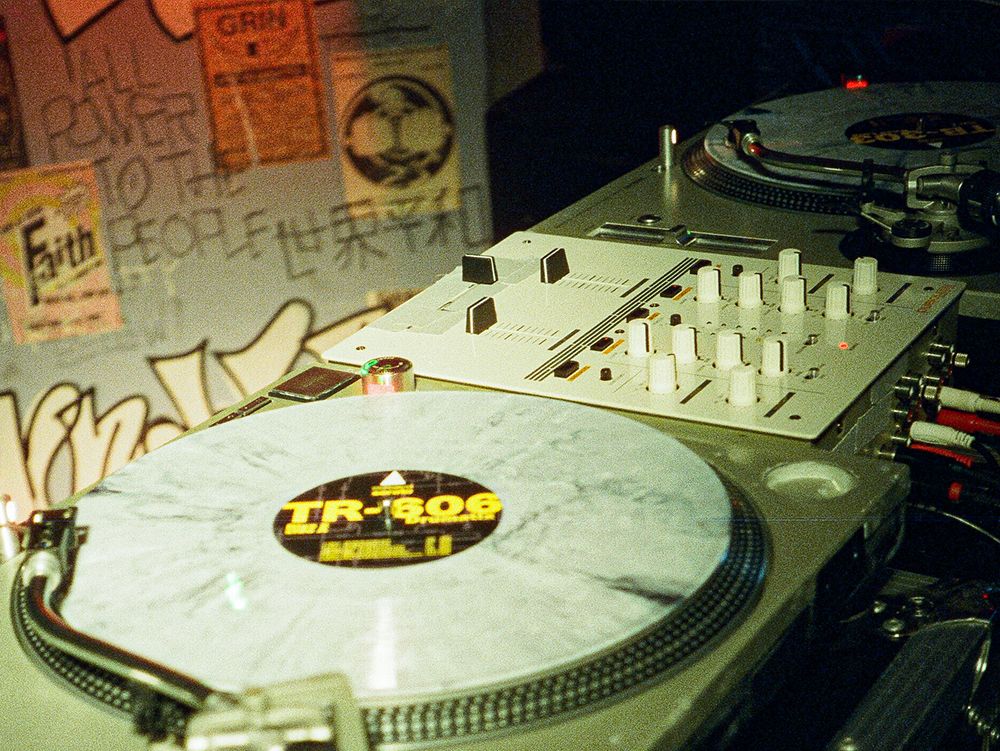
The modern era brought revolutionary change:
- Phonographs, radios, and records made music accessible around the world.
- Genres like jazz, blues, rock, hip-hop, punk, and EDM emerged.
- Sampling, turntables, and synthesizers gave rise to new forms of music production.
Suddenly, music wasn’t just played – it was produced, remixed, and democratized.
The Digital Revolution: Music Meets Code
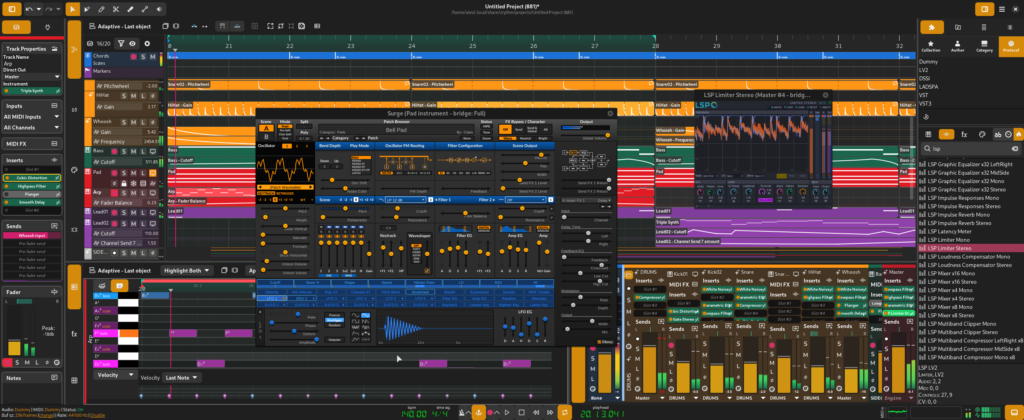
The 21st century ushered in the era of digital music.
- Digital Audio Workstations (DAWs) like Ableton and Logic Pro made studio-quality production available to anyone with a computer.
- Streaming platforms like Spotify and Apple Music changed how we listen and discover.
- Developers built plugins, virtual instruments, and music analysis tools.
- Algorithmic curation changed the soundtrack of our daily lives.
Code became part of the creative process – and developers became musicians.
AI Innovation: The Future of Music Creation

We’re now entering a new chapter: AI-powered music.
- Tools like OpenAI’s Jukebox, Google’s MusicLM, and Suno AI can generate entire songs from scratch.
- AI is used to analyze music, generate melodies, write lyrics, and even create personalized soundtracks based on your mood.
- Musicians use AI to assist, inspire, and collaborate – not just automate.
The line between composer and coder is blurring – and the result is astonishing.
Where Do We Go From Here?
As technology continues to evolve, so will music. What hasn’t changed is our need for rhythm, melody, and emotion.
- Music will become more immersive through VR and spatial audio.
- Personalized music experiences will be driven by biometric data.
- AI assistants may co-write songs with humans, or even react to live performances in real-time.
Key Takeaways
- Music has evolved from tribal sounds to complex AI compositions.
- Every major shift – from notation to recording to digital production – has been powered by technology.
- AI and code are not replacing music – they’re expanding what’s possible.
Final Thought: Music Never Stops Evolving
Music is always in motion – shaped by people, culture, and the tools we create. Whether you’re producing beats in your bedroom or building algorithms that compose symphonies, you’re part of this journey.
So keep listening. Keep coding. Keep creating. The next sound that changes the world might be yours.


